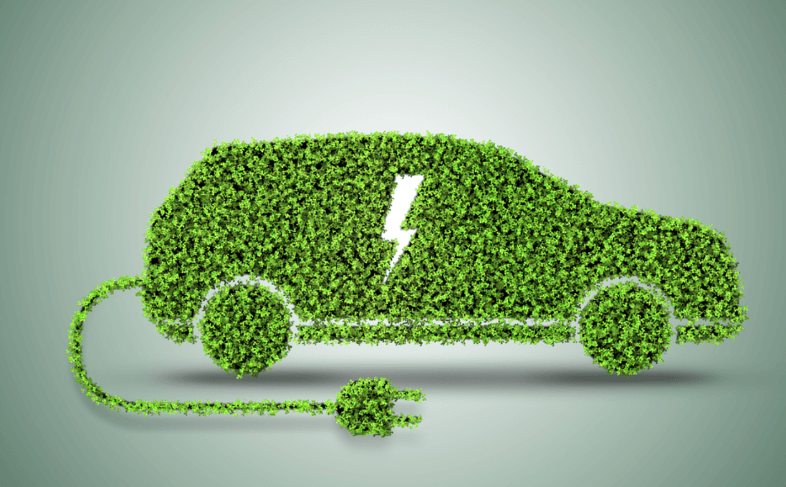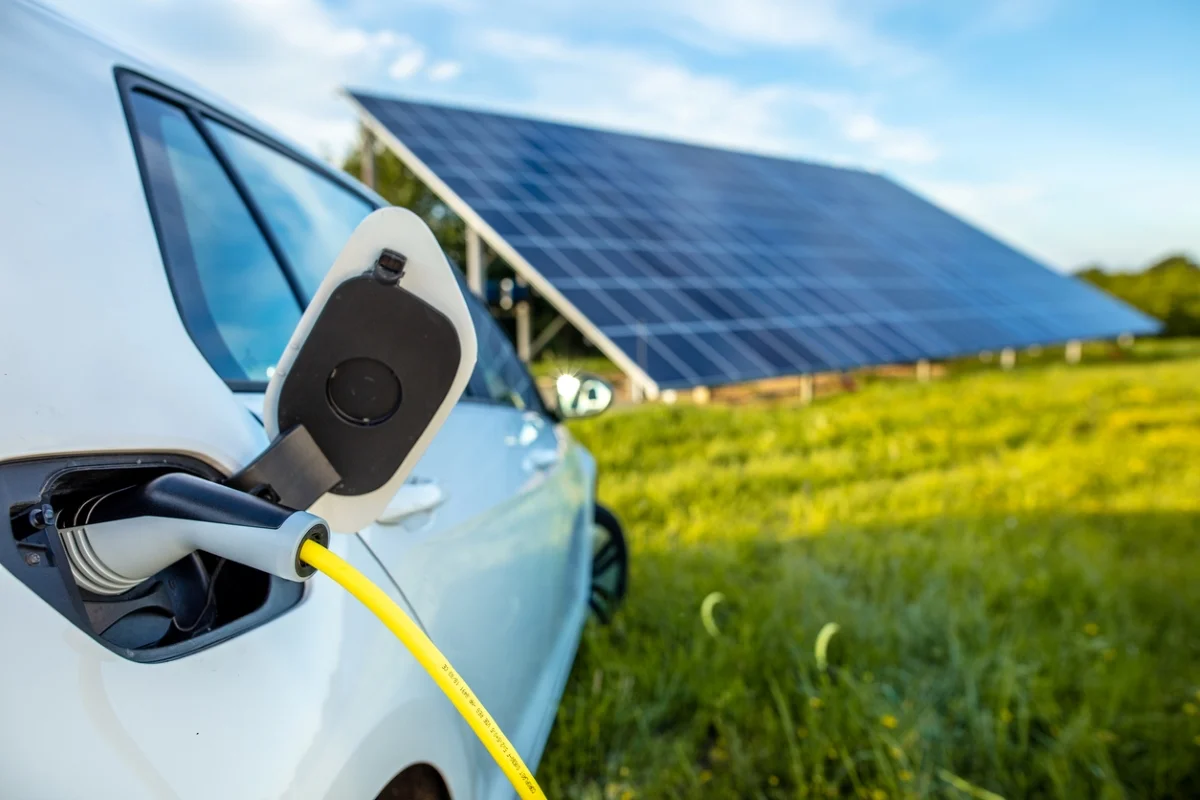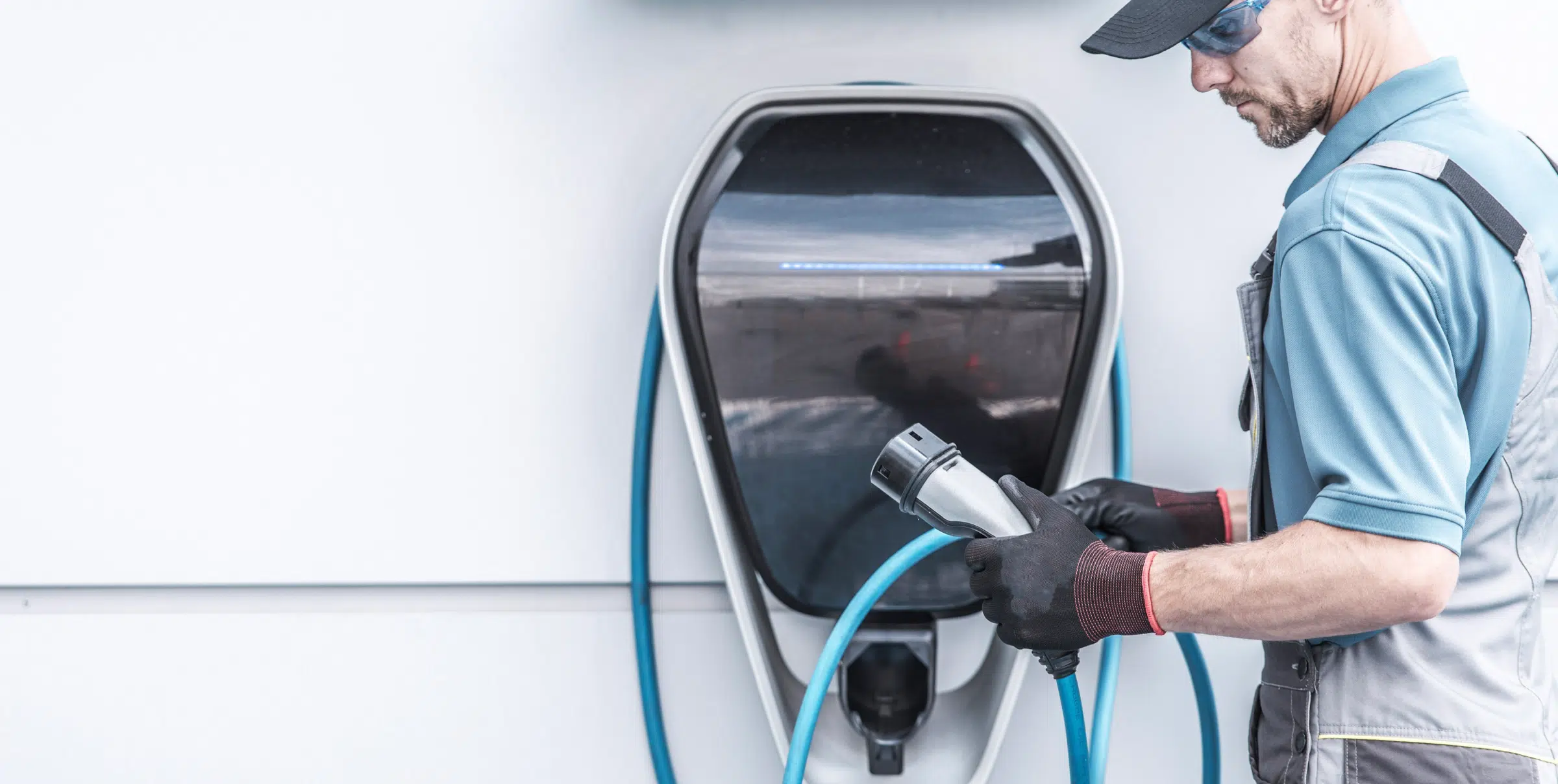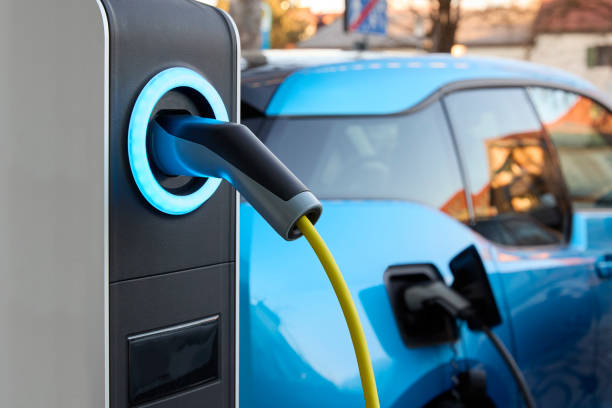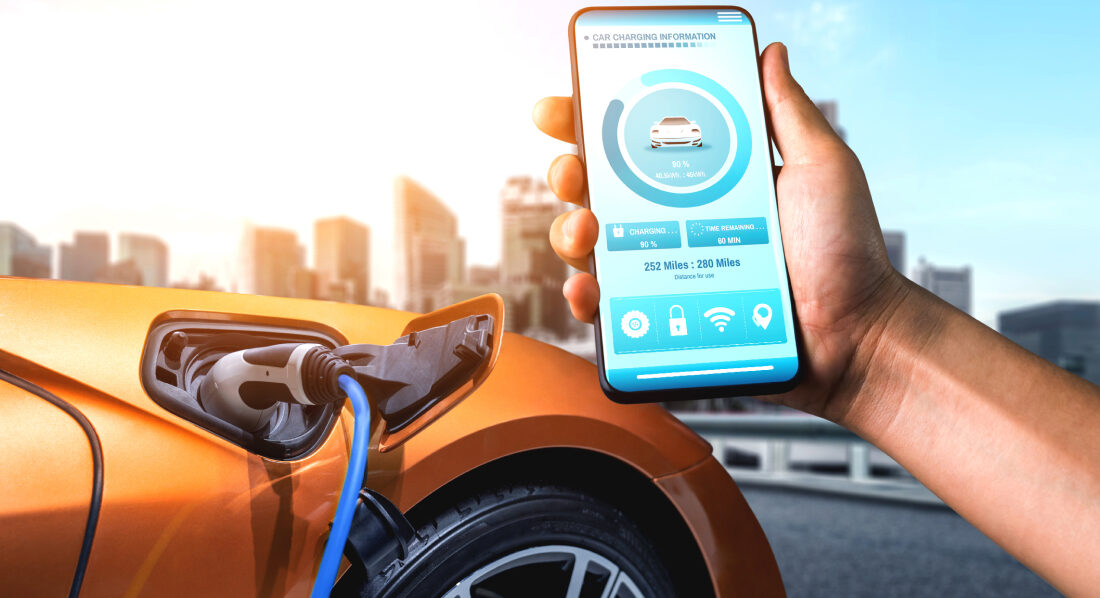- The government is encouraging councils to install on-street charging stations
- Drivers can rent out private EV chargers through peer-to-peer charging
- You don’t need a driveway to charge an electric vehicle at home
Looking to make the leap to an electric vehicle (EV) but concerned about charging accessibility? You’re not alone. Many individuals opt for an EV chargepoint to address this concern. But what if you lack a driveway for accommodating an EV charger? In this article, we’ll explore alternative options. By the end, you’ll gain insights into whether your home is suitable for a driveway-less home charger. Once you have this clarity, you can move on to the exciting phase of comparing quotes. Expedite the process using our quick form – just share a few details about your home, and we’ll connect you with our skilled installers.
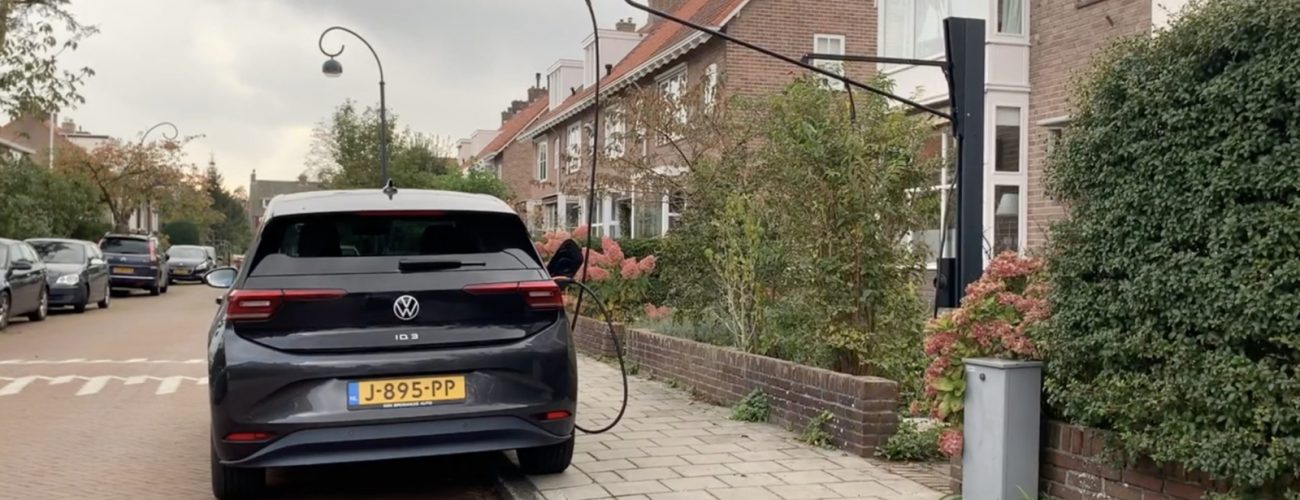
What's on this page?
Do you need a driveway to charge an electric car?
There’s a prevalent misconception that only individuals with driveways can install a home charger, but this is not accurate. While having a driveway simplifies the charging process, it’s not a prerequisite. Lack of a driveway shouldn’t deter you from embracing an electric vehicle. There are several alternative methods to recharge your car’s battery, ensuring you’re ready to hit the road each day.
How to charge your electric car without a driveway
Ask your local council to install an EV charger on your street
If you lack a driveway, it’s advisable to explore the availability of on-street charging options in your vicinity. This way, you can conveniently charge your EV, almost like having a home charger just a few extra meters away. Various types of charging stations are likely to be present, with some councils even incorporating them into lampposts to optimize space.
If on-street charging is already established in your area, that’s fantastic! Simply plug in and allow your car battery to replenish. However, be considerate and avoid leaving your car at the charging spot overnight. While it’s perfectly safe, it’s courteous to make the charger available for others in the area who may also need it.
Don’t have any nearby on-street charging? This will probably be the case if you live in a rural area. But don’t fret, you can contact your local council to get an EV charger installed. Local authorities are being encouraged by the government to improve EV infrastructure, through the introduction of the On-Street Residential Chargepoint Scheme.
Charge your electric car in public places
While it may not offer the same convenience as a home charger, numerous public charging locations are available for your selection.
If you’re in the UK, the likelihood is that you’re in proximity to a charging spot, and this trend is expected to become even more prevalent in the upcoming years. Between December 2021 and December 2022, there was a notable 31% surge in the total number of charging devices installed on UK streets.
When considering charging your car in a public location, it’s essential to be familiar with various charger types.
An array of chargers, including slow, fast, rapid, and ultra-rapid varieties, is scattered throughout the UK, commonly found on streets and near supermarkets.
As their names imply, the primary distinction among these chargers lies in their charging speed capabilities.
Charge your car at your workplace (if possible)
Long-standing practices tend to persist, particularly in the business realm. Nevertheless, a notable 80% of global leading companies are presently disclosing their sustainability efforts, driven by the growing environmental awareness of their consumers.
A prominent avenue through which employers embrace sustainability is by incorporating EV chargers at workplaces, a move supported by the UK government. Therefore, if you lack the ability to charge your vehicle at home or face limited on-street charging options, consider investigating whether your workplace offers on-site EV chargers.
Certainly, not every business currently hosts EV charging stations, but the trend is gaining momentum, especially as more companies transition to electric vehicle fleets. The increasing popularity is also attributed to the government’s Workplace Charging Scheme (WCS), a recent initiative covering a substantial portion, up to 75%, of the total expenses for procuring and installing an EV charger, or providing up to £350 for each socket.
Moreover, depending on the specific policies of your employer, you might even have the opportunity to recharge your vehicle’s battery at no cost. Since electricity is not categorized as a ‘vehicle fuel,’ there are no benefit-in-kind tax implications when a company offers complimentary charging to its employees.
Look into peer-to-peer charging
Peer-to-peer (P2P) charging empowers individuals to share their personal EV charging stations with fellow drivers. Through an app, private owners can make their charging points accessible to the public when they are away, contributing to the alleviation of range anxiety for other drivers while also earning a profit. It’s a mutually beneficial arrangement.
To engage in P2P charging, you can use the new app introduced in the UK by JustCharge, in collaboration with Zap Map. This app facilitates users in exploring over 1,600 locations across the UK. Users can effortlessly select a location and schedule a charging time, making the process convenient and accessible.
Can you get an electric car charger if you live in a flat?
Living in a flat doesn’t have to impede your EV experience, but it may involve a few additional steps to set up home charging. If you own the flat and have a designated parking space, installing your own charge point is possible, but consent from the freeholder(s) or managing agent is essential before proceeding.
For renters, initiating a conversation with the landlord about installing an EV charger is necessary. While some landlords may be cautious due to costs, others might be receptive, given the government’s increased support for landlords in installing charging points.
The installation cost of an EV charger in a flat’s location can vary. Installing in a block of flats, even in an external car park, adds to the expense. This is because costs rise when cabling needs to traverse another person’s property or public land.
Flats with underground parking may face challenges in installing an EV charger due to potential 4G or WiFi blind spots, making it more difficult for charging stations to connect with operators and apps.
Can you run your electric car charging cable across the pavement?
While there are no legal restrictions preventing you from running a cable across the pavement to charge your car if you have street parking outside your house, it’s not advisable. The local council has the authority to remove the cable if it poses a potential hazard for pedestrians.
Moreover, if someone were to trip and sustain injuries, you might be held liable and face a claim from a personal injury lawyer. If you find yourself in a situation where running the cable across the pavement is the only option, the Local Government Association (LGA) recommends that it should only be in place while the vehicle is charging and should be promptly removed afterward.
Is there a portable charging system for electric cars?
To alleviate concerns about ‘range anxiety,’ experts in the electric vehicle (EV) industry have introduced portable batteries for EVs. Operating similarly to a portable phone battery but in the size of a small suitcase, drivers can carry the battery on long journeys and connect their car to it when the vehicle’s battery is running low.
The ZipCharge Go, introduced in 2021, was the world’s inaugural portable EV battery. Available in two sizes, 4 kWh to 8 kWh, this charging system can replenish an electric car’s battery by up to 20 miles in 30-60 minutes—providing a convenient solution to reach the next charging station without concerns.
Can you own an electric car without a home charger?
Certainly! Electric cars are accessible to everyone, regardless of whether you have a home charger.
As reported by Pod Point, individuals typically charge their EV at home 60% of the time. However, during the remaining 40%, alternative methods come into play, such as workplace charging, on-route charging stations, or destination top-up charging points. If home charging isn’t an option for you, these alternative methods are available to meet your charging needs.
Summary
Absolutely, charging an EV at home is more convenient with a home charger, but it’s not obligatory.
If you lack a driveway, reside in a flat, or your landlord doesn’t approve a charging point installation, there are still numerous ways to charge your electric vehicle.
However, if the opportunity arises to install a home charger, it is highly recommended. It simplifies life with an EV and is more cost-effective compared to public charging stations.
To find the best deal for your electric vehicle home charger, simply use our free form. Just provide a few details about your home, and we’ll connect you with our expert installers.
Get FREE EV Charger Quotes
Find out how much an EV Charger would cost you
Complete A Short Form – Receive Free Quotes – Compare & Save
Get FREE EV Charger Quotes
Find out how much an EV Charger would cost you
Complete A Short Form – Receive Free Quotes – Compare & Save

